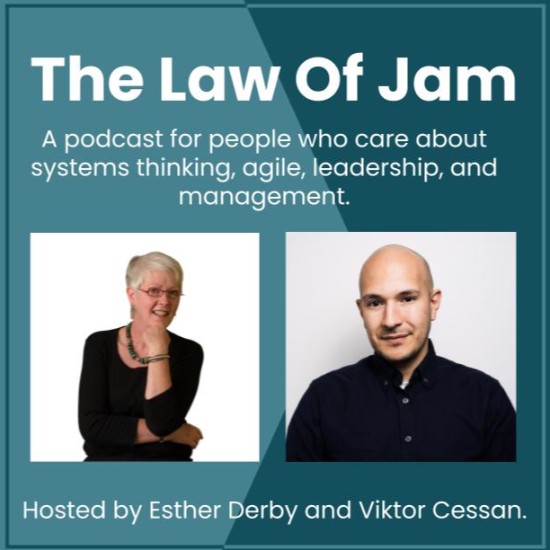Why does observation matter? Let me tell you a story.
When I was a kid, we played a birthday party game called Pin the Tail on the Donkey. The game involved a large wall poster of a sad-looking, tailless donkey. The parent-in-charge handed out replacement tails and pins. Each child took a turn trying to give the donkey a new tail. But before the attempt, the parent-in-charge blind-folded the kid and spun them until dizzy. (I know, it sounds awful.) Obviously, the chance of an accurate placement was quite small.
Without the ability to observe what is happening, any attempts to improve a situation in your organization may be similarly misplaced. Or you may succeed—purely by chance. When you hone your ability to observe, you stand a much better chance of choosing an appropriate action.
Here are two examples where an observation led to a big change.
Seeing the Issue
A manager called me concerned that people on his team were too timid. He though they would benefit from assertiveness training. Before agreeing to that, I asked to sit in on some meetings. What I observed was the manager doing 80% of the talking. When someone did get a word in, the manager interrupted. When I shared my observation, the manager expressed shocked and chagrin. He changed his behavior, and discovered his team had a lot to say. He realized his first idea for a fix was misplaced.

Making Patterns Visible
Having data, isn’t always enough. The data needs to be usable. At another client, I observed that data about system outages was presented as monthly outage minutes in pie chart form. People knew which system was the biggest culprit in the past month, but had no idea about trends or impacts. As a result, nothing got fixed. But who ever was in the hot seat in any given month, got an earful of blame.
My first observation was that the pie chart was obscuring the important information. So, I dug into the data. I created charts that showed outage minutes over time, and the number of people affected when a given application went down. My intervention involved presenting data differently.
Once the managers had the information in a different form, they were more effective in their actions. Rather than pointing the roving finger of blame based on a monthly snap shot, they prioritized issues and worked on the system–the factors that contributed to the problems.
In both these cases, observation was key choosing appropriate action.
Hone Your Observation Skills
Observing sounds simple. In fact, it is hard work and requires practice and skill. You can practice any time, by choosing just one thing, and consciously noticing that for a short period of time. However, sharing observations can be tricky, especially if you are an outsider and have not been invited to observe. Any time you are observing, it is imperative that you share only what you have seen and heard in neutral language. Stay away from judgement and interpretation.
What might you observe to increase your ability to solve problems? What might you gain by having a fresh set of eyes observe your organization?







0 Comments